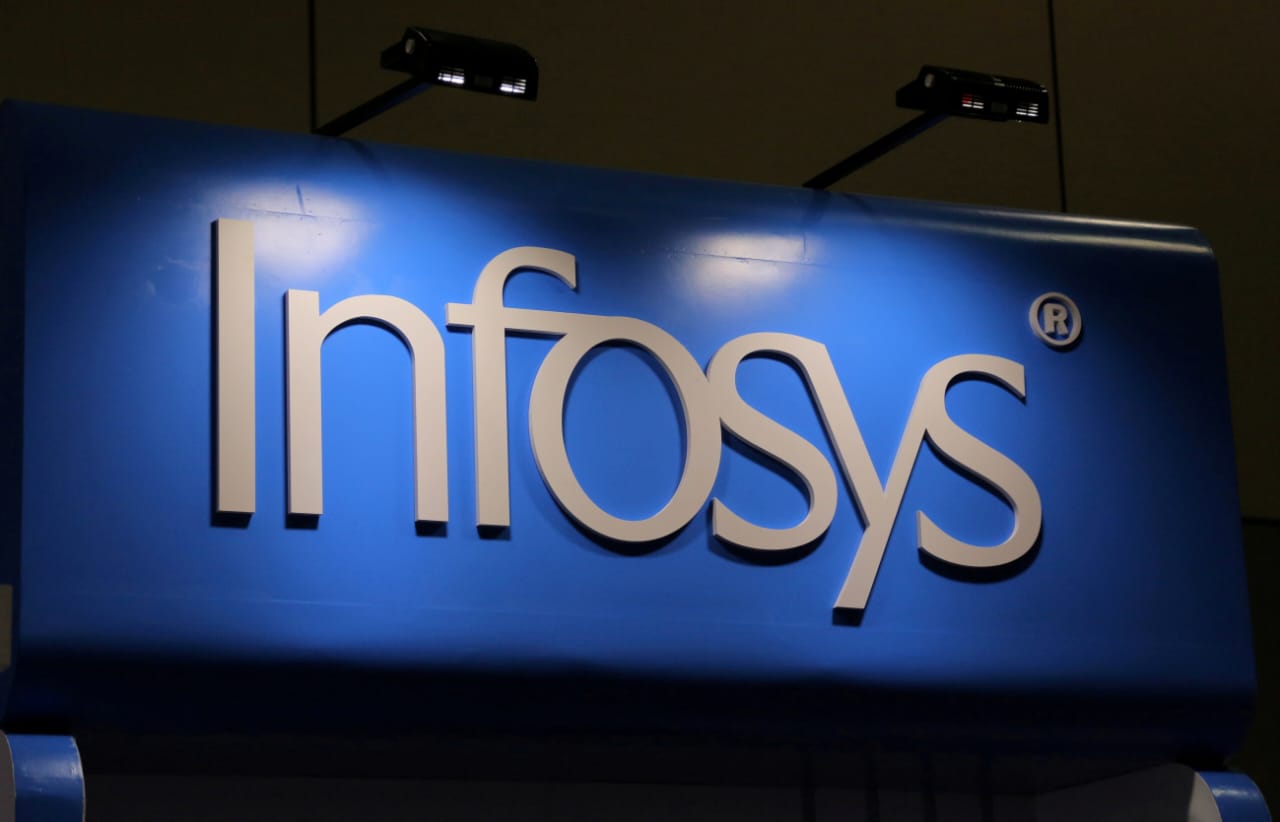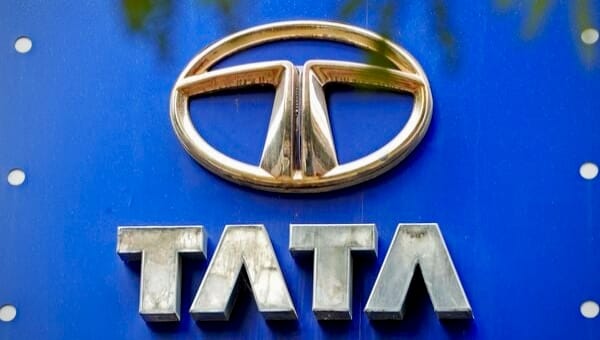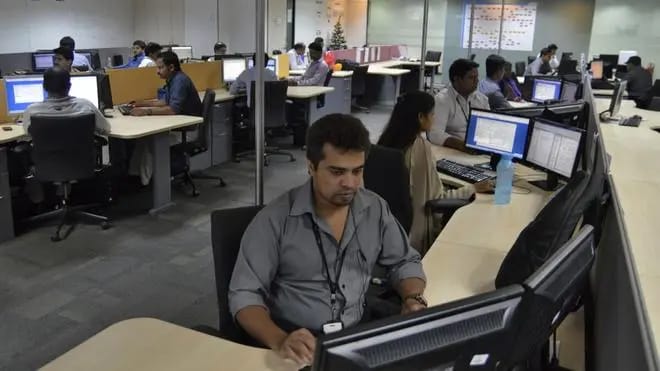
BENGALURU, April 15 (Moneyfint) – Infosys Ltd. will repurchase a record 180 billion rupees ($2.16 billion) of its own shares, India’s second-largest IT services firm announced April 13, returning capital to shareholders amid global economic uncertainty.
The buyback, approved by the board, eclipses prior repurchases of 92 billion rupees in 2021 and 82.6 billion rupees in 2019. Infosys aims to buy back approximately 2.3% of its total paid-up equity capital through a tender offer.
Analysts project an immediate 2-3% accretion to earnings per share (EPS). Nilanjan Roy, Infosys Chief Financial Officer, said the buyback “reflects our commitment to returning capital to shareholders while maintaining a strong balance sheet for future growth investments.”
Investors cheered the announcement. Infosys shares jumped 1.8% to 1,502.50 rupees on the National Stock Exchange (NSE) on April 15, outperforming the broader Nifty IT index.
Deven Choksey, Managing Director at KR Choksey Holdings, noted the buyback’s size “signals management’s conviction in the company’s underlying value, providing a near-term floor for the stock price.” Management often buys back shares when it believes the stock trades at a discount, offering an advantageous repurchase opportunity.
Infosys’s strong financial position supports the substantial capital return. The company reported $4.78 billion in cash and cash equivalents as of December 31, 2023. This followed a strong third-quarter performance for fiscal year 2024, with revenue of $4.62 billion and a net profit of $749 million.
Seasoned investors recognize robust free cash flow and a conservative debt profile enable shareholder-friendly initiatives without jeopardizing operational stability or growth. This deployment of capital, familiar from previous market cycles, particularly in mature sectors like India’s IT services, occurs when high-return organic growth opportunities are stable but not expansive enough to absorb all available cash.
Deepthi Mathews, a portfolio manager with Axis Mutual Fund who has navigated significant capital through varied market regimes, pointed to a consistent strategy among Indian IT majors. These firms return considerable capital when balance sheets are exceptionally strong and large-scale mergers and acquisitions are not immediately compelling.
The buyback typically benefits existing shareholders by increasing their proportional ownership and improving per-share metrics such as EPS and book value. Institutional investors welcome such moves as a clear signal of management’s focus on shareholder value.
Retail investors participating in the tender offer can sell shares at a premium to the prevailing market price, providing an advantageous exit. The tender offer mechanism permits shareholders to offer shares at a specified price.
For Indian shareholders, capital gains from buybacks are taxed based on individual income slabs. However, the company pays a buyback tax, rendering the process tax-efficient for the corporation. Beyond immediate fiscal enhancement, the buyback refines Infosys’s capital structure.
Reducing outstanding shares elevates the company’s return on equity, attracting long-term investors seeking disciplined firms. It also serves as a buffer against market volatility, supporting the share price during turbulent periods, a dynamic familiar to investors who traded through the 2008 financial crisis.
Veteran observers of the IT services sector, who have navigated multiple economic cycles, will consider broader implications. While capital returns are important, Infosys must sustain strategic investments in emerging technologies like Artificial Intelligence (AI), cloud computing, and digital transformation. This maintains competitive advantage against global and domestic rivals.
Vivek Kulkarni, CEO of Brickwork Ratings, said, “Infosys must balance capital returns with aggressive investments in AI, cloud, and next-generation technologies to sustain long-term competitive advantage.”
This record buyback positions Infosys as a firm balancing growth with shareholder returns, setting a benchmark for capital allocation within India’s evolving IT sector. The long-term impact will depend on how effectively Infosys deploys its remaining capital into growth initiatives. This remains crucial amid global economic uncertainty and rapidly shifting technological paradigms, where sustained investment ensures enduring value creation.
(800 words)





